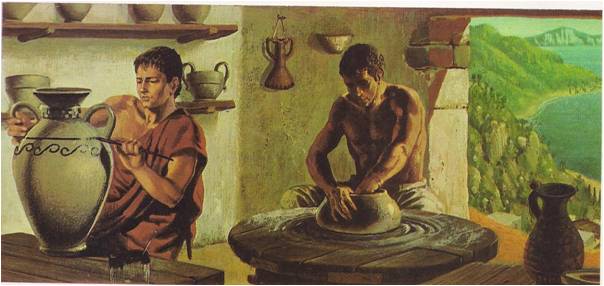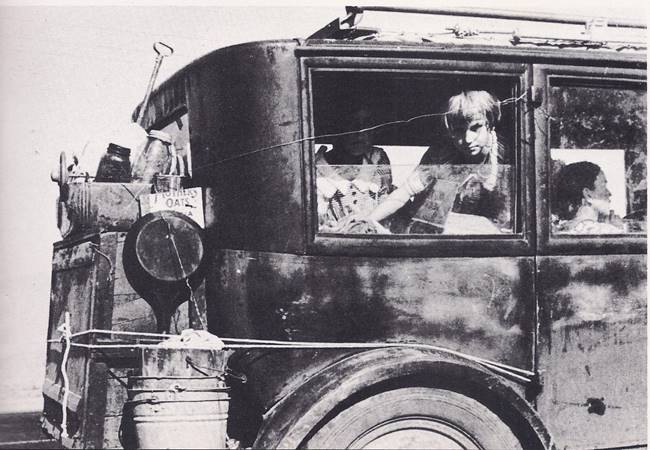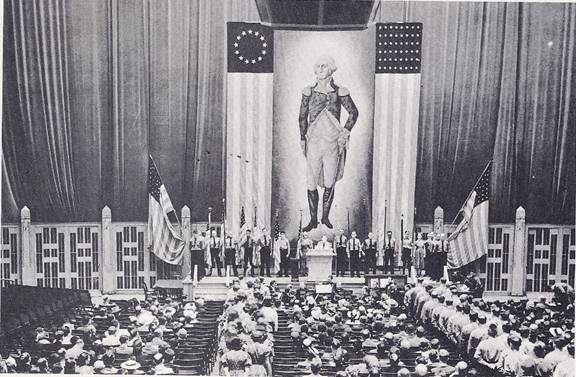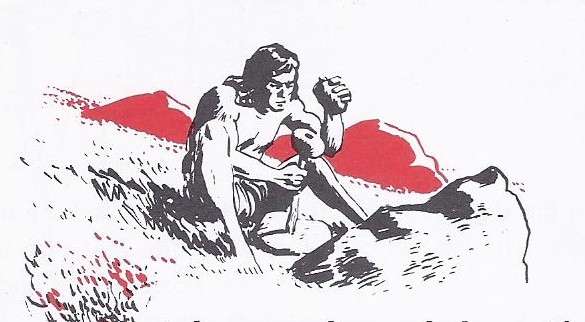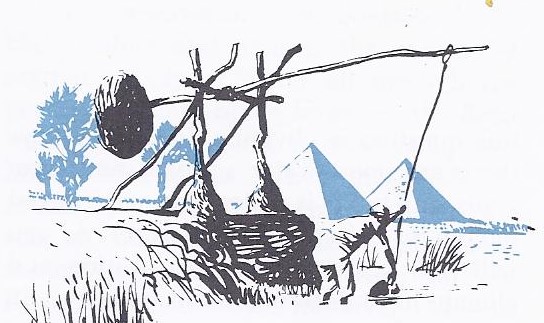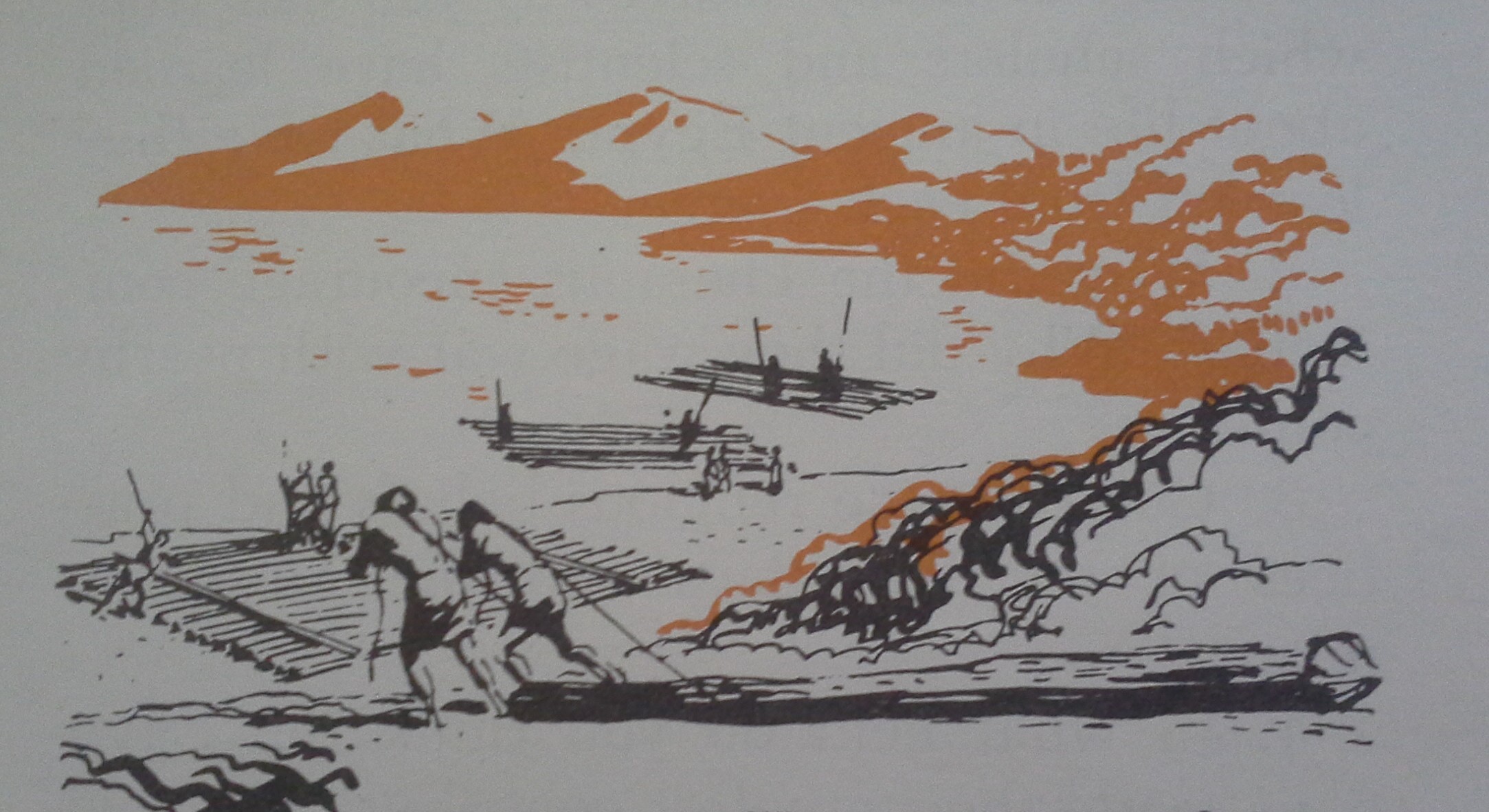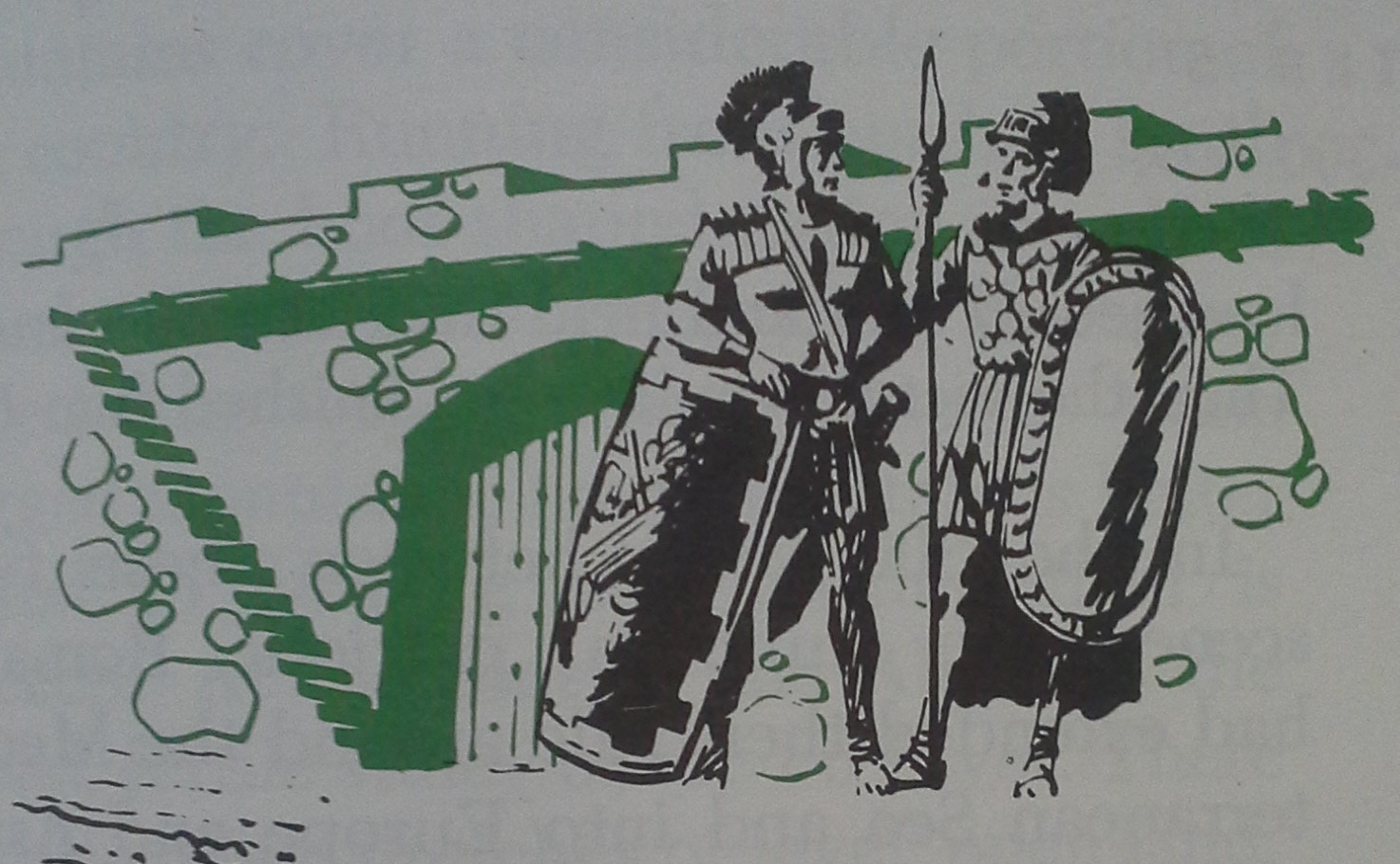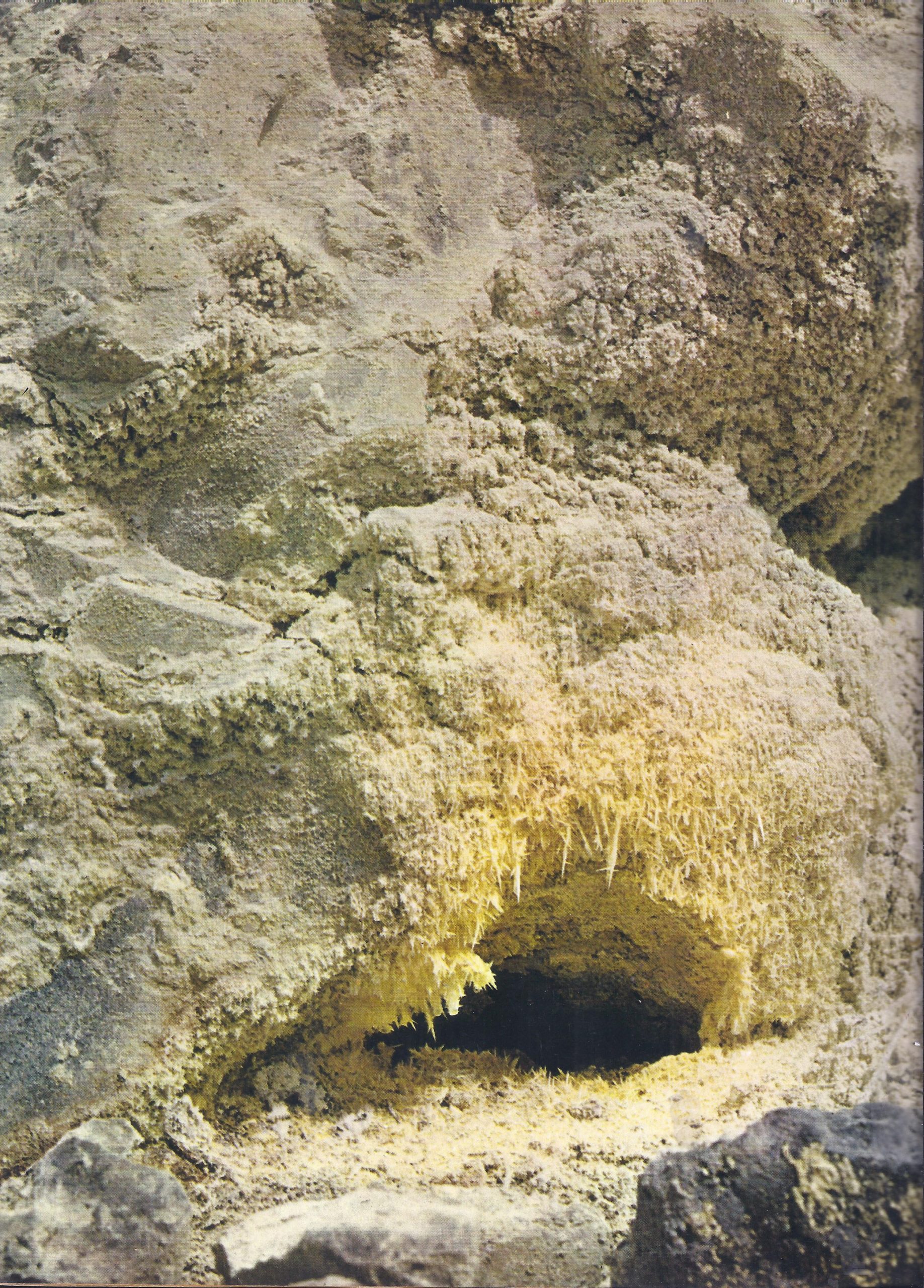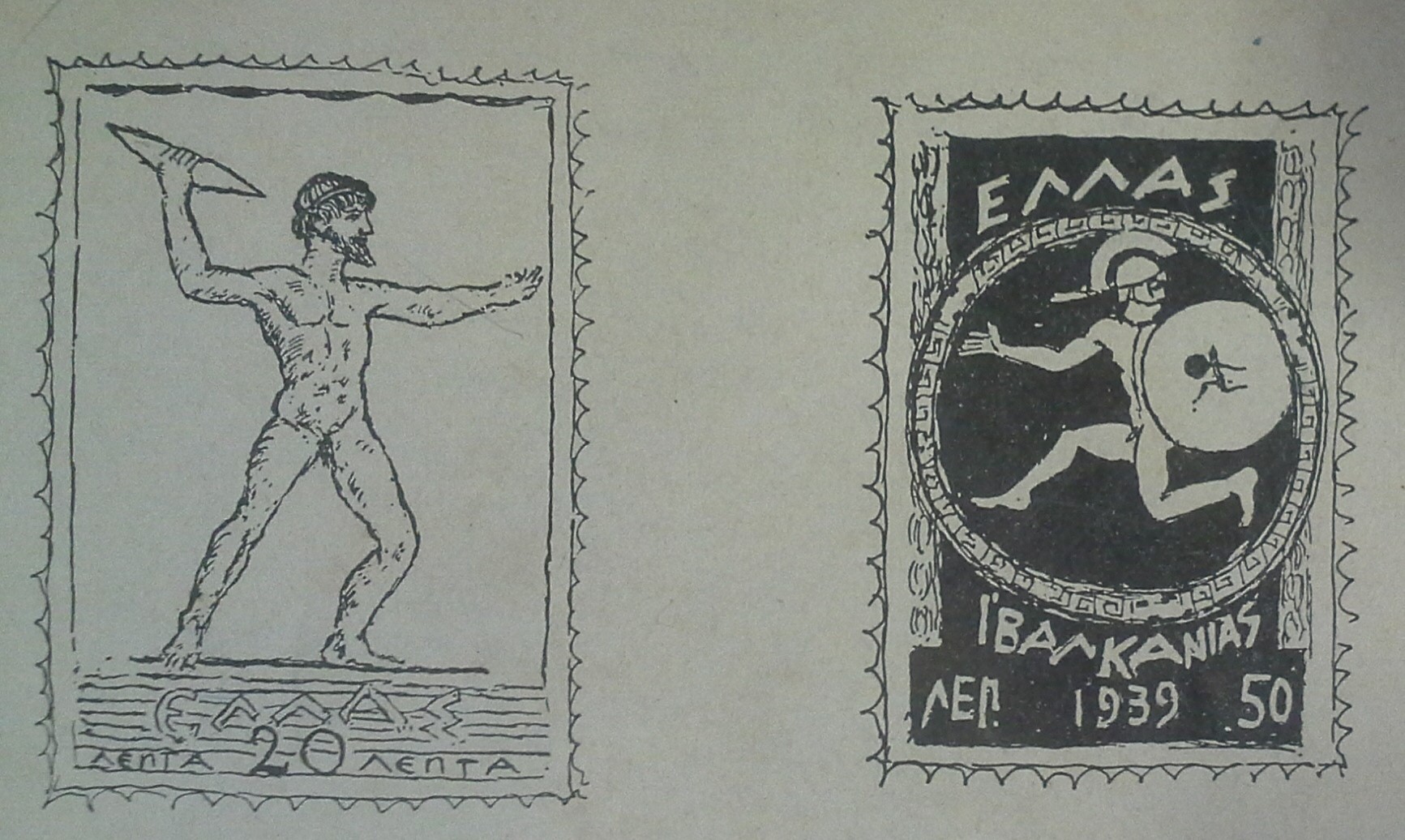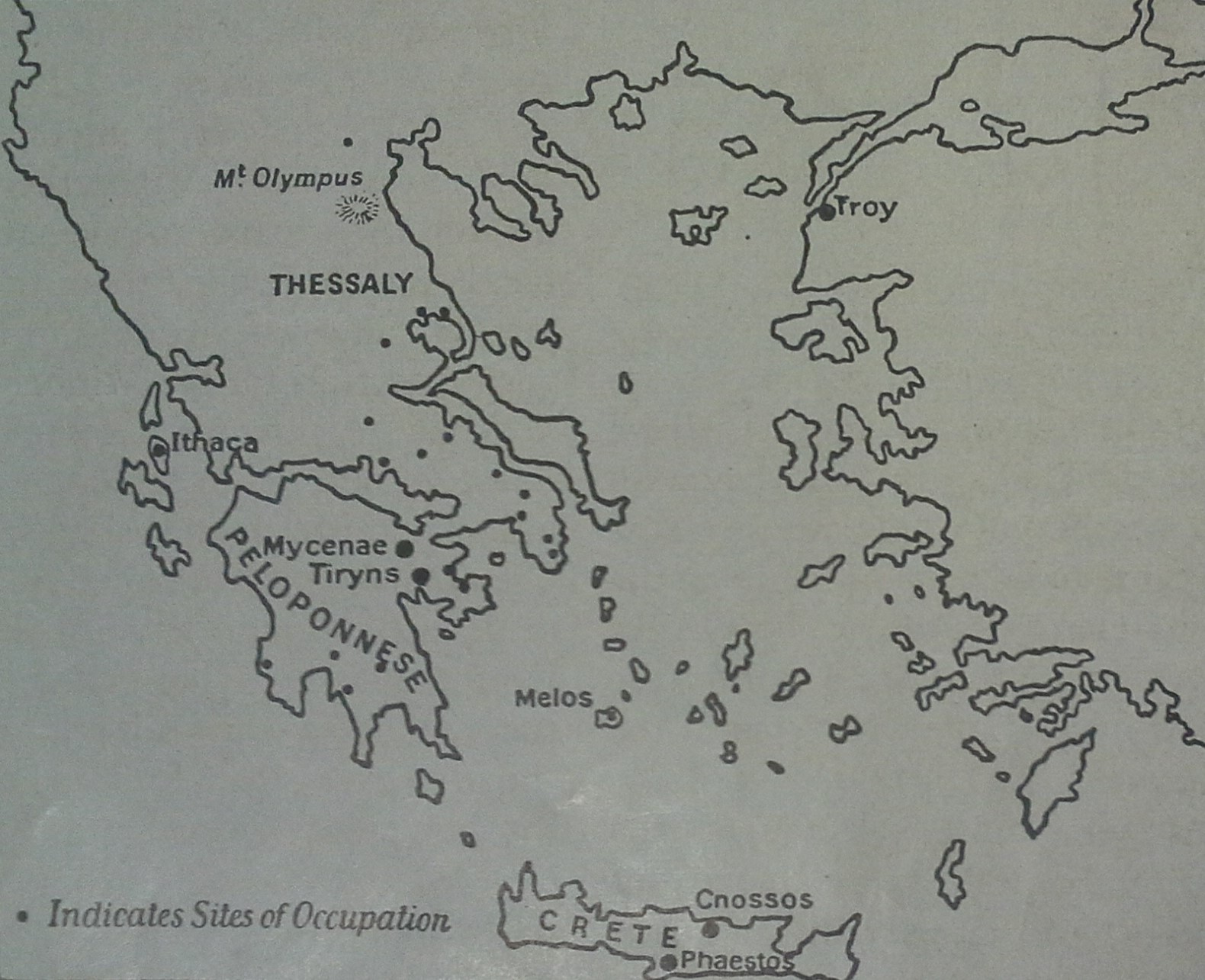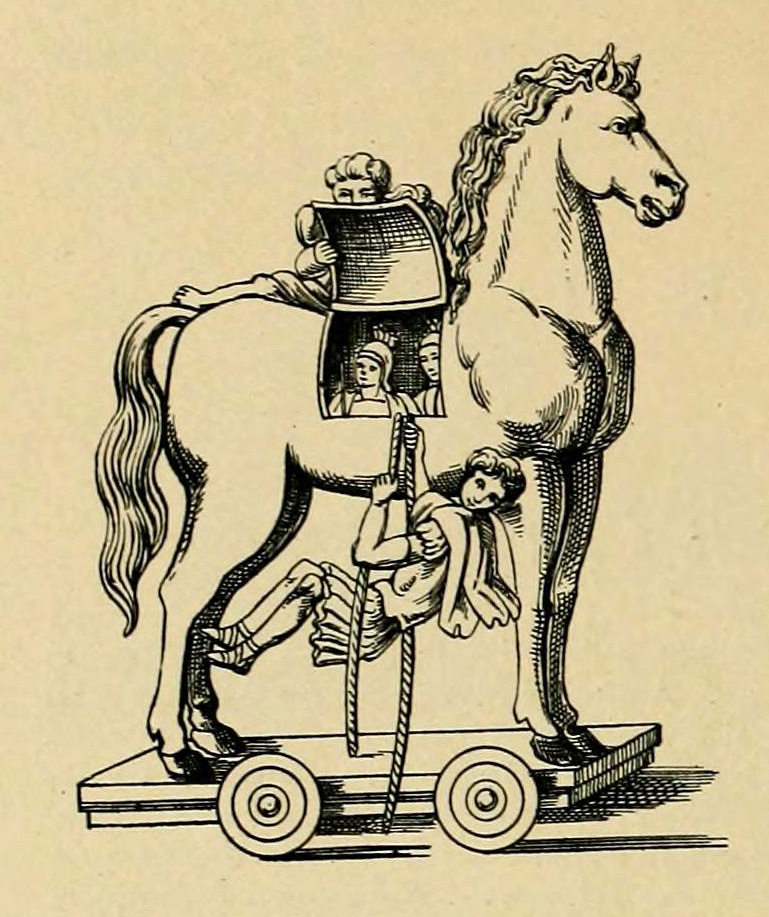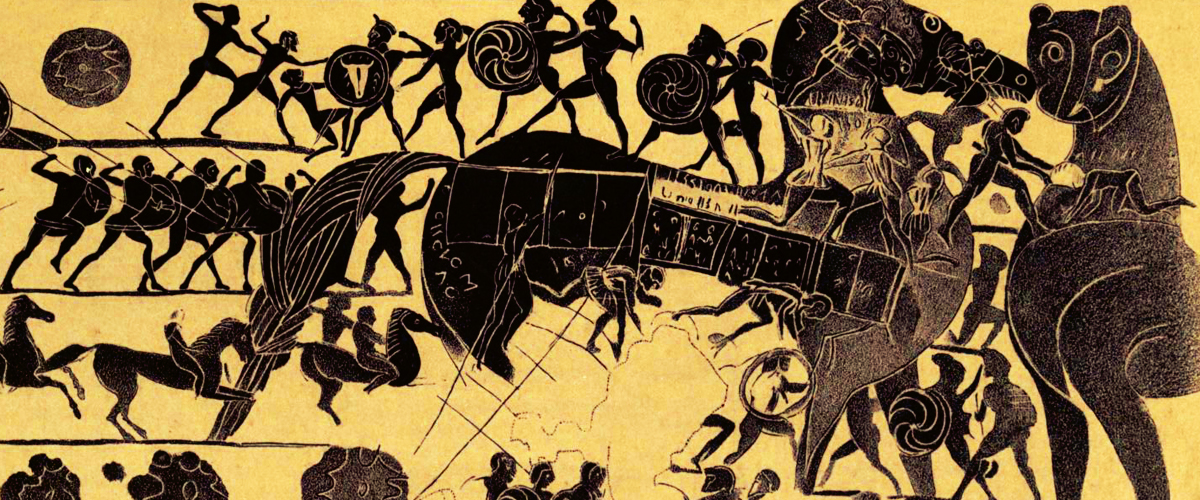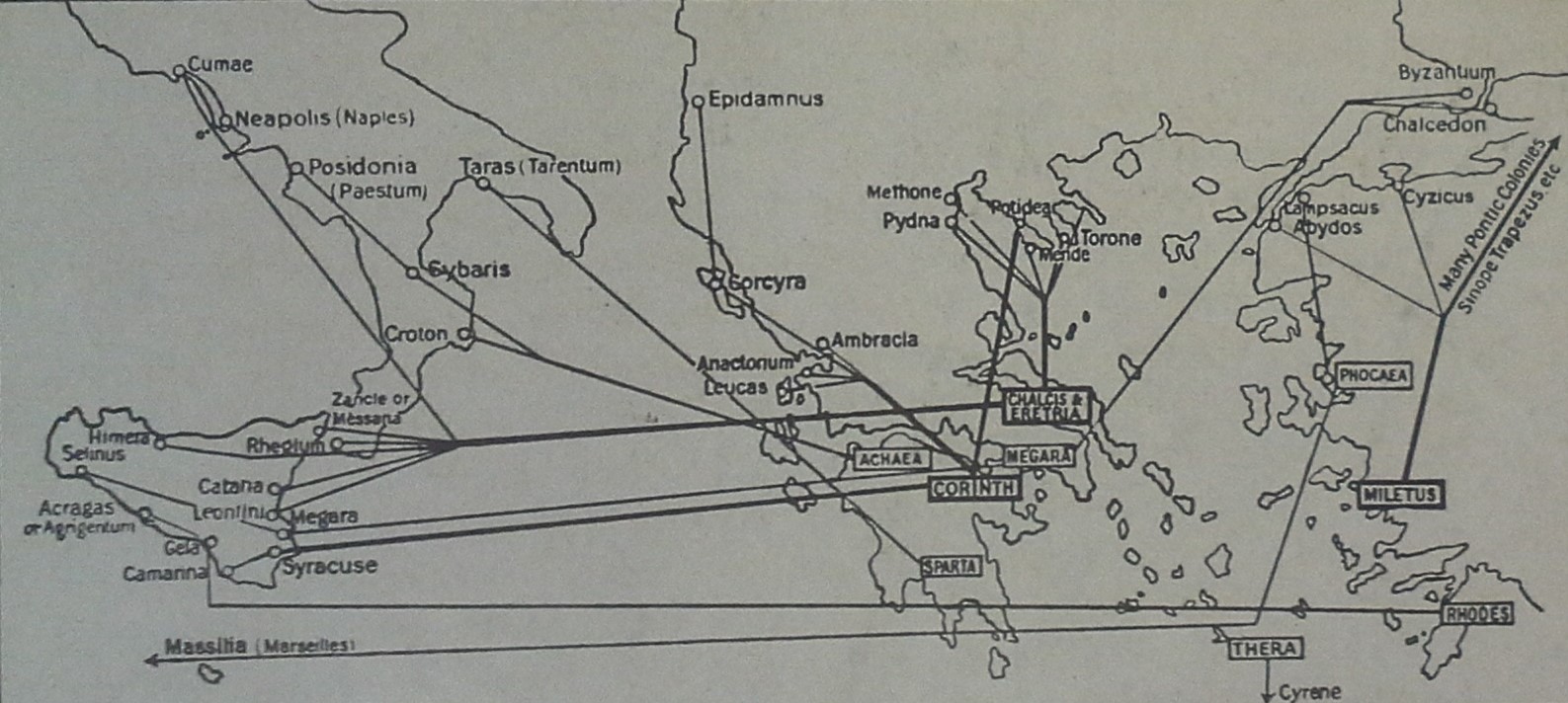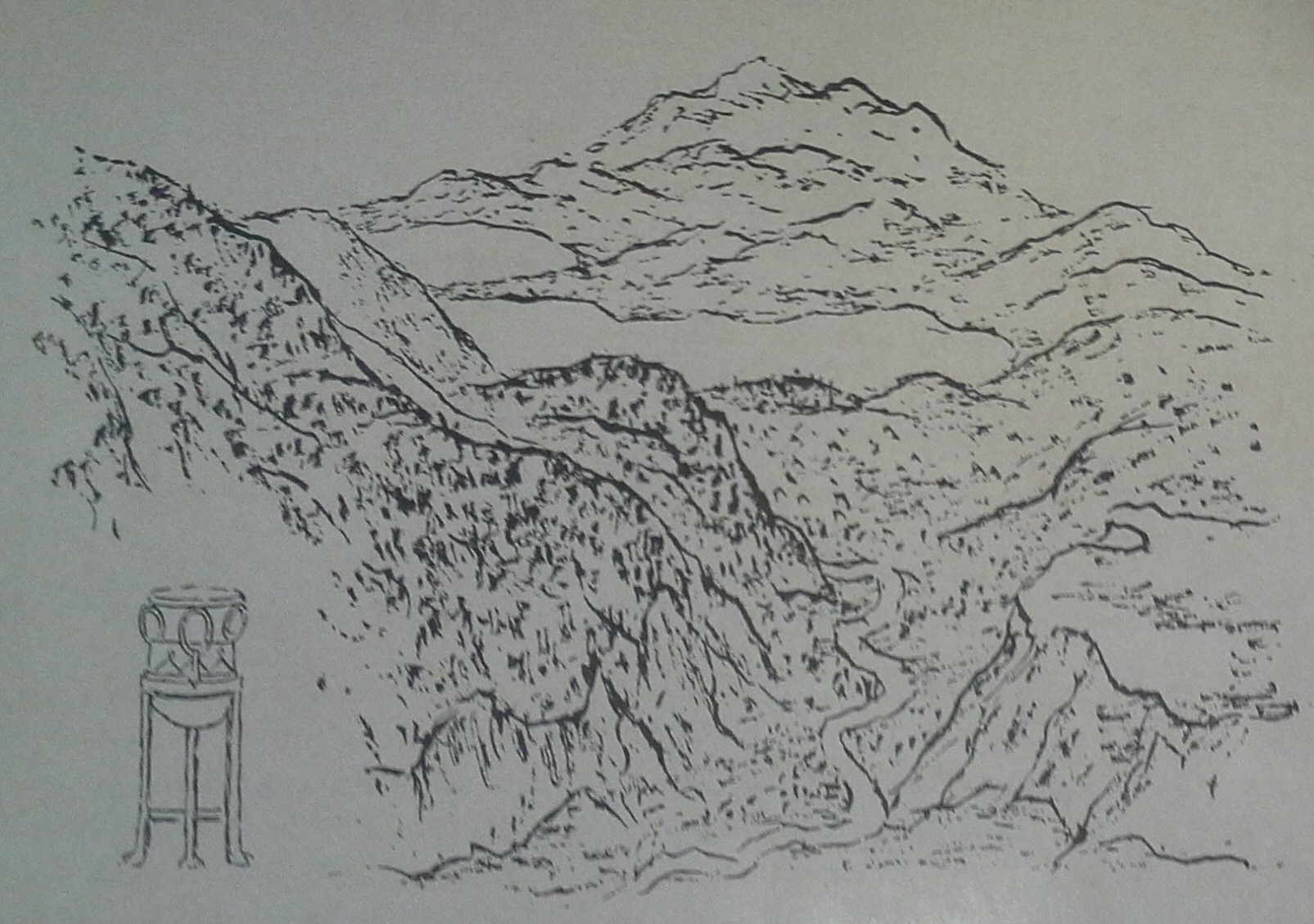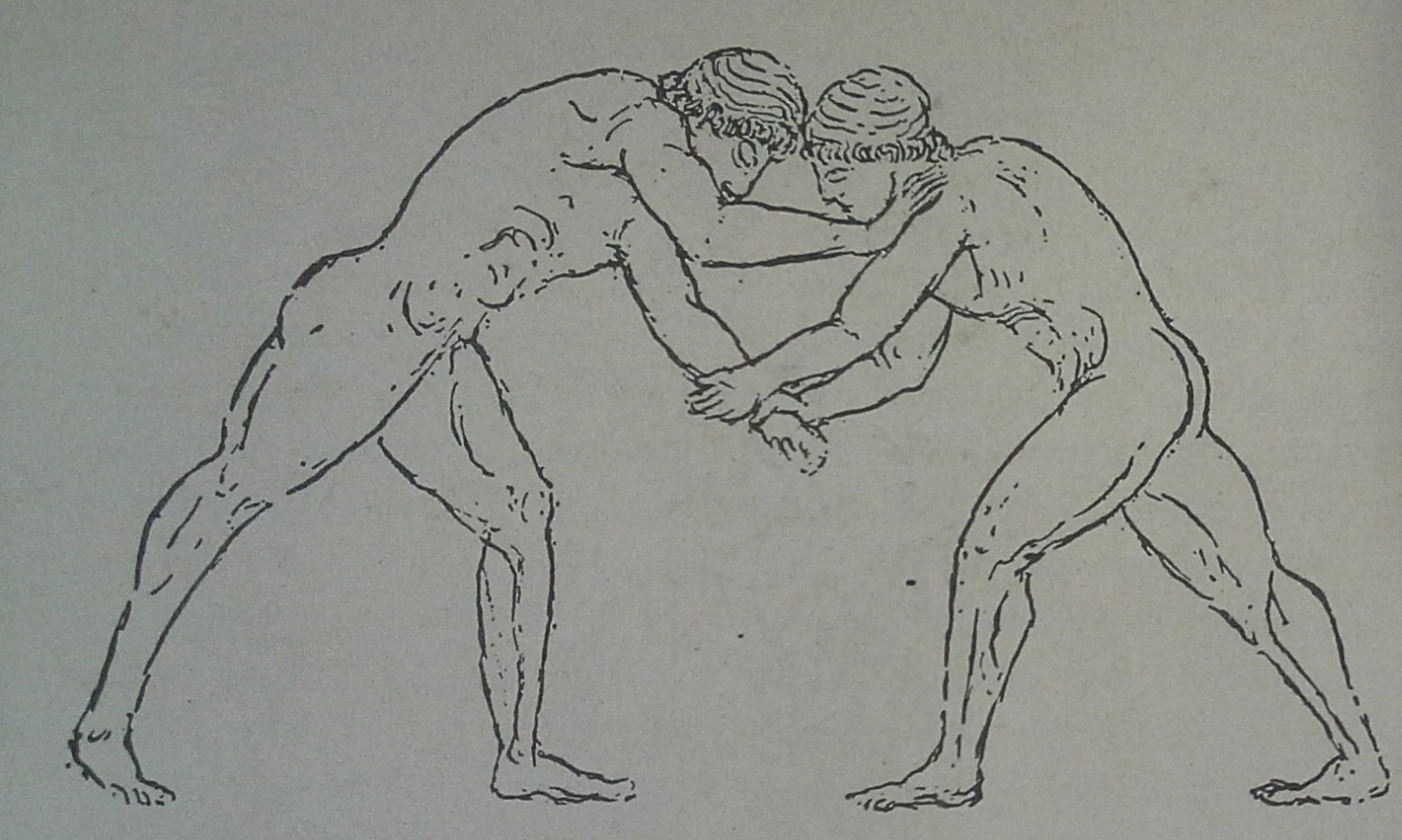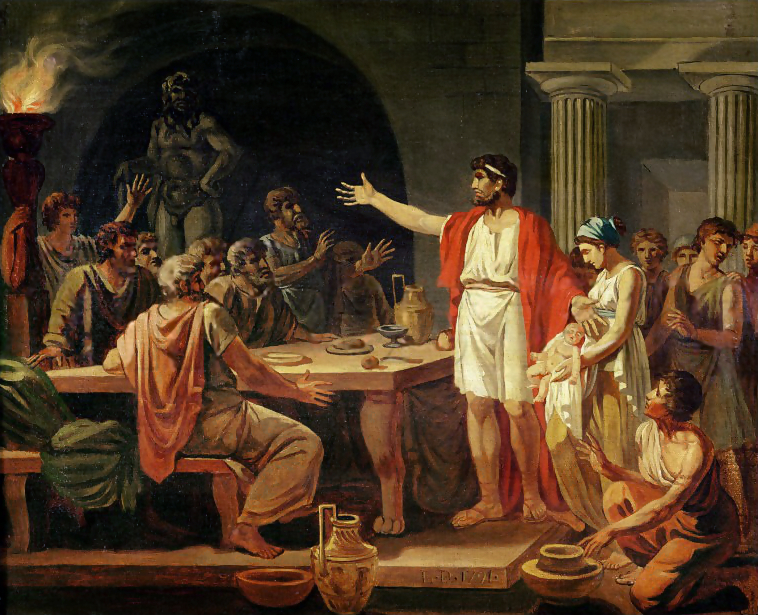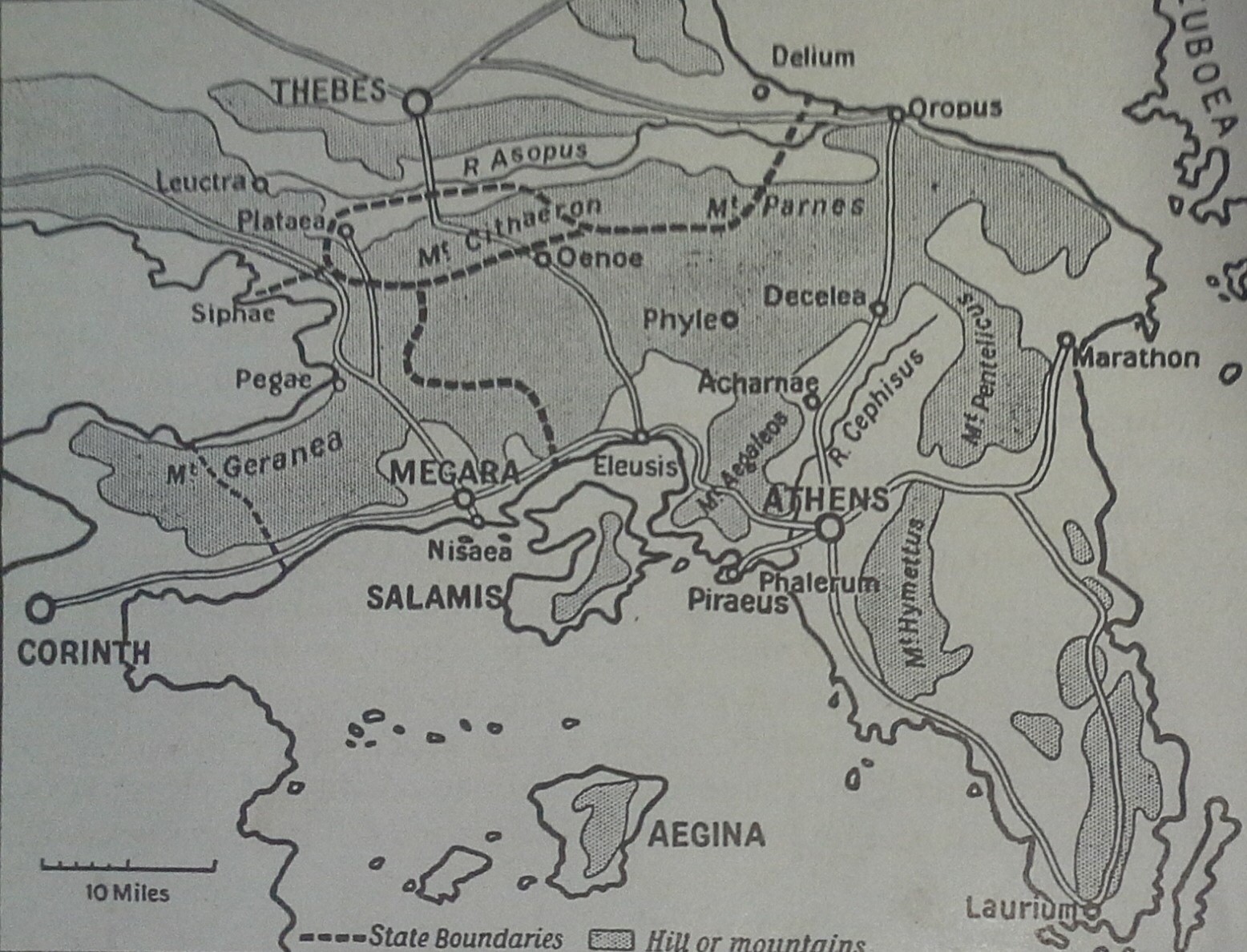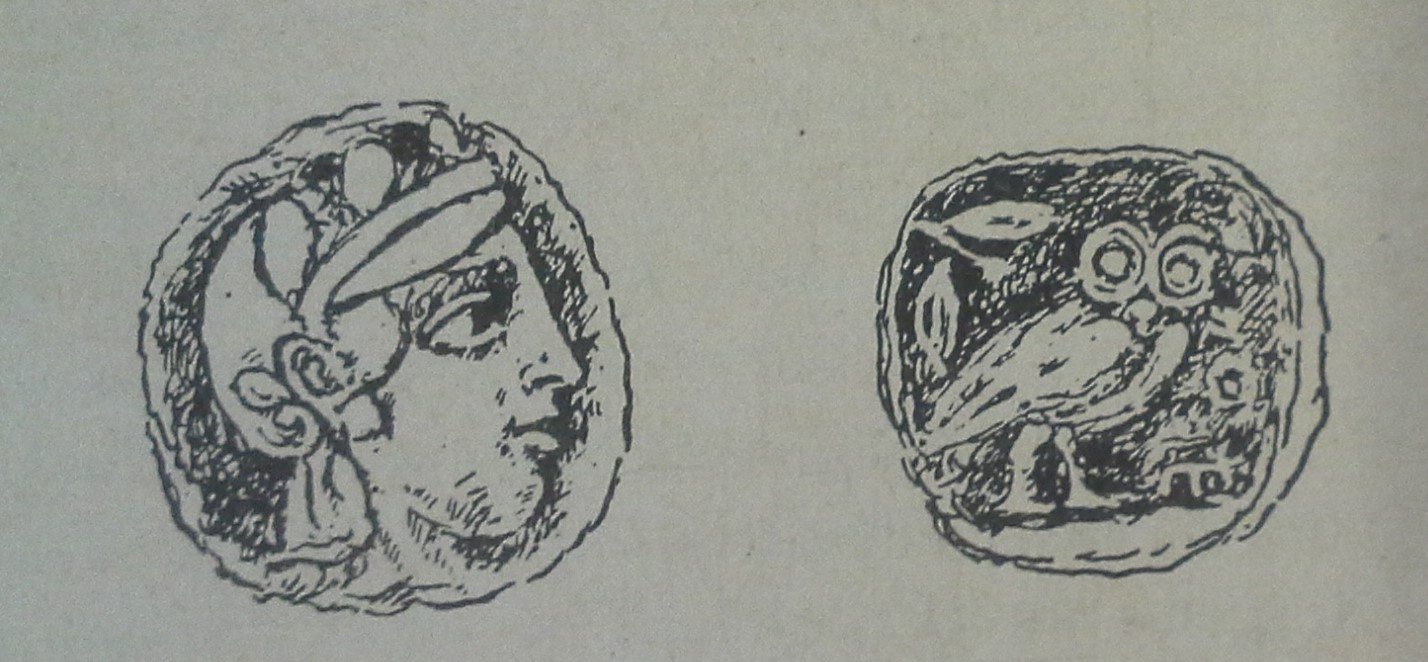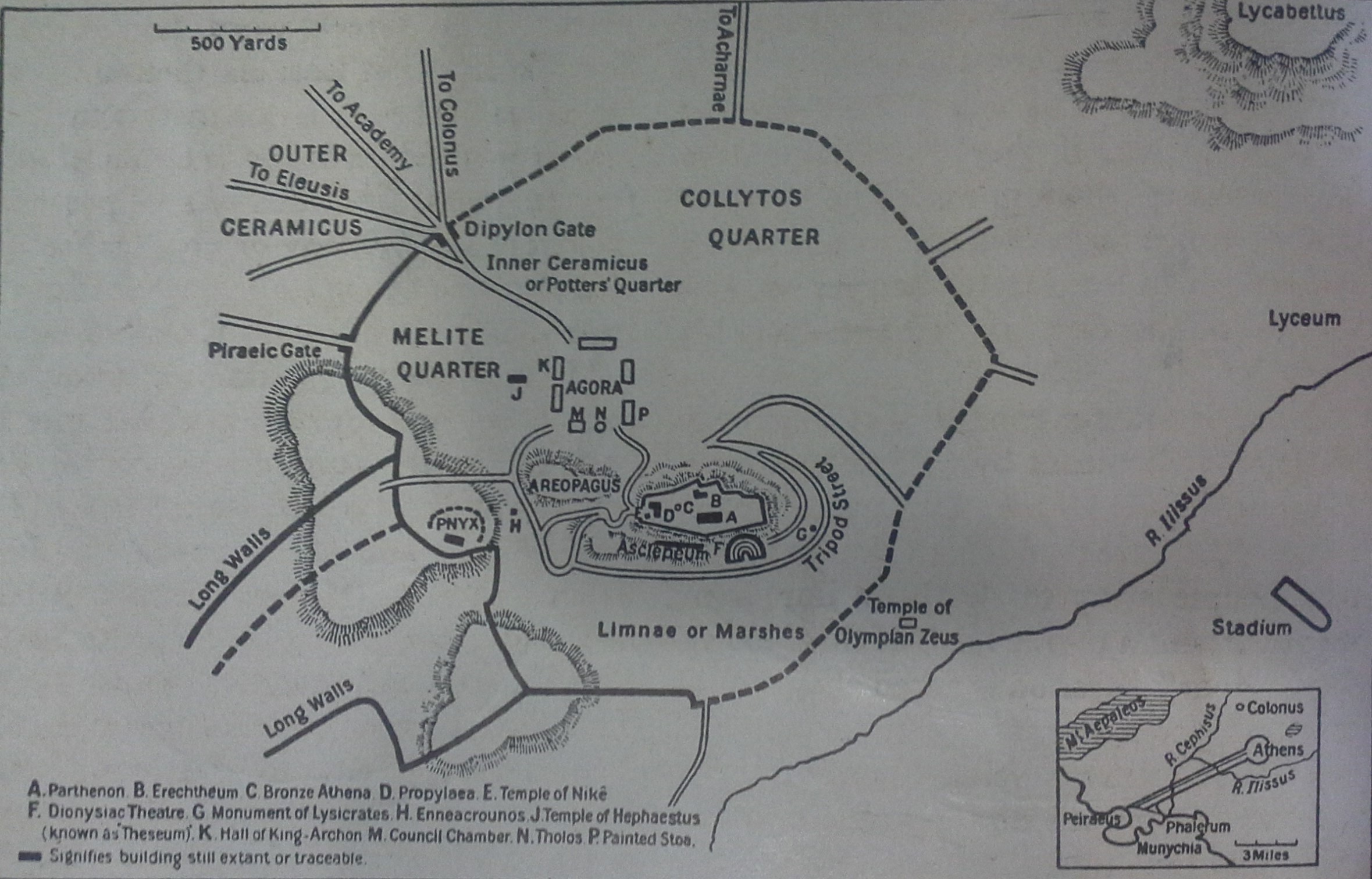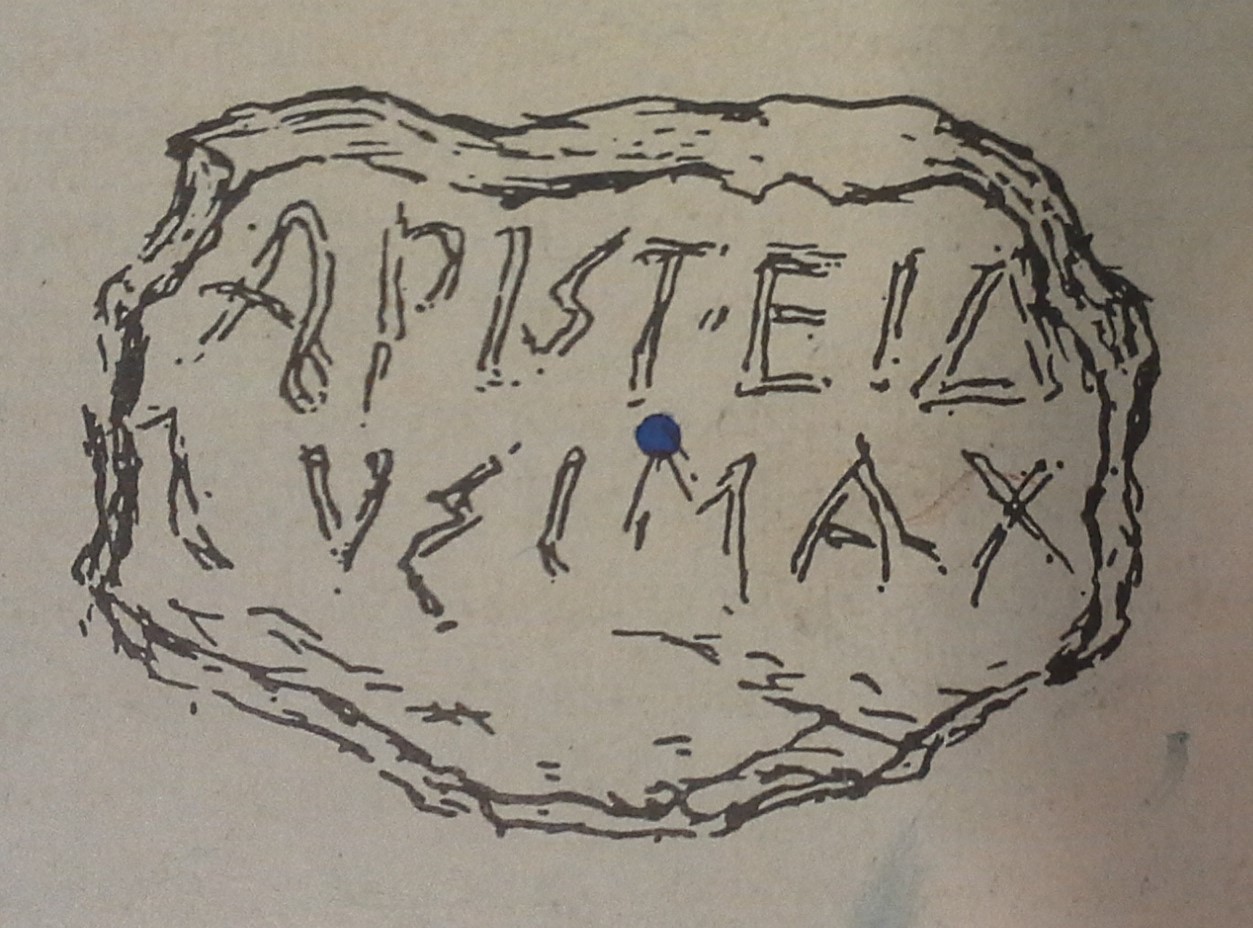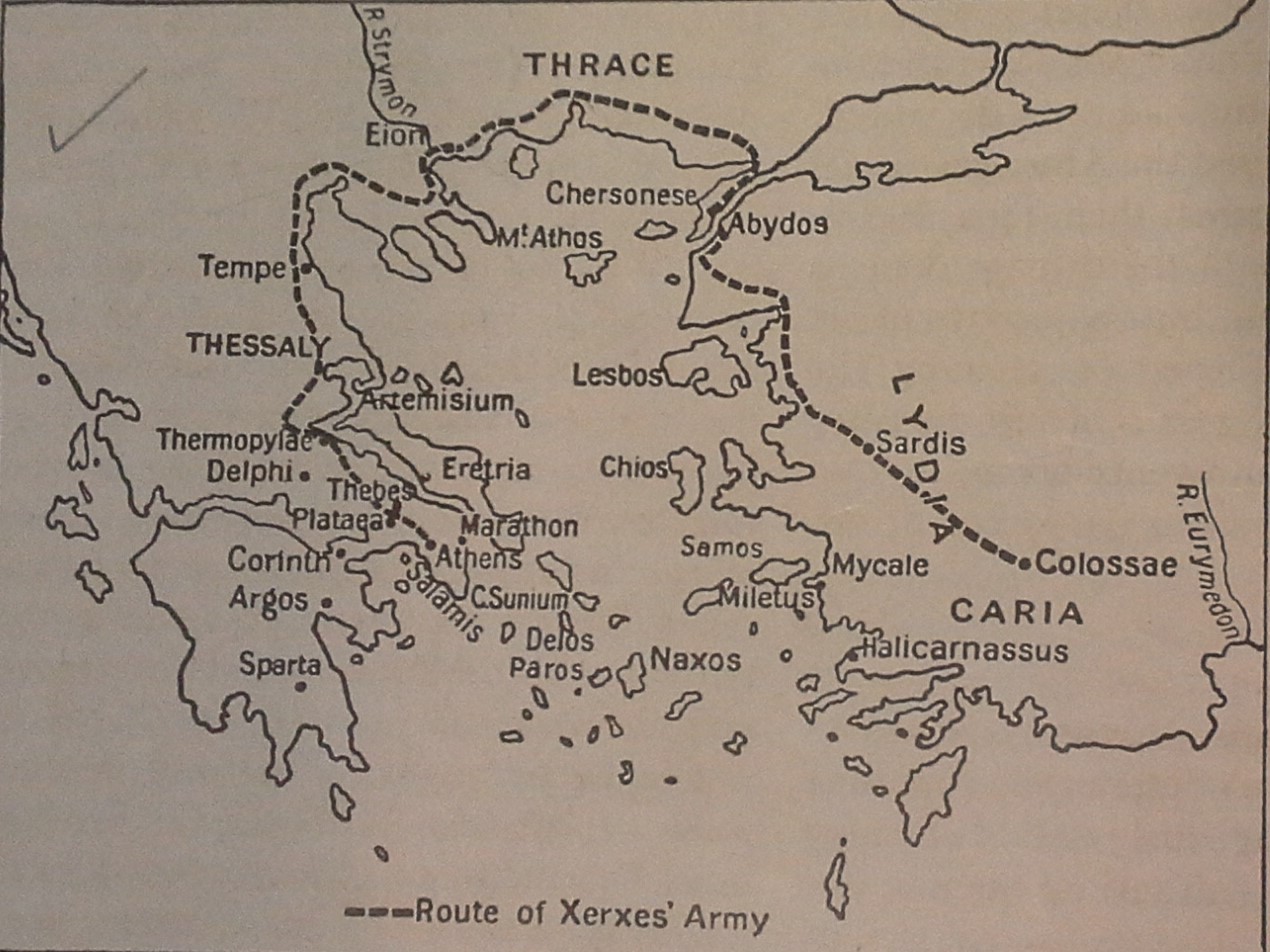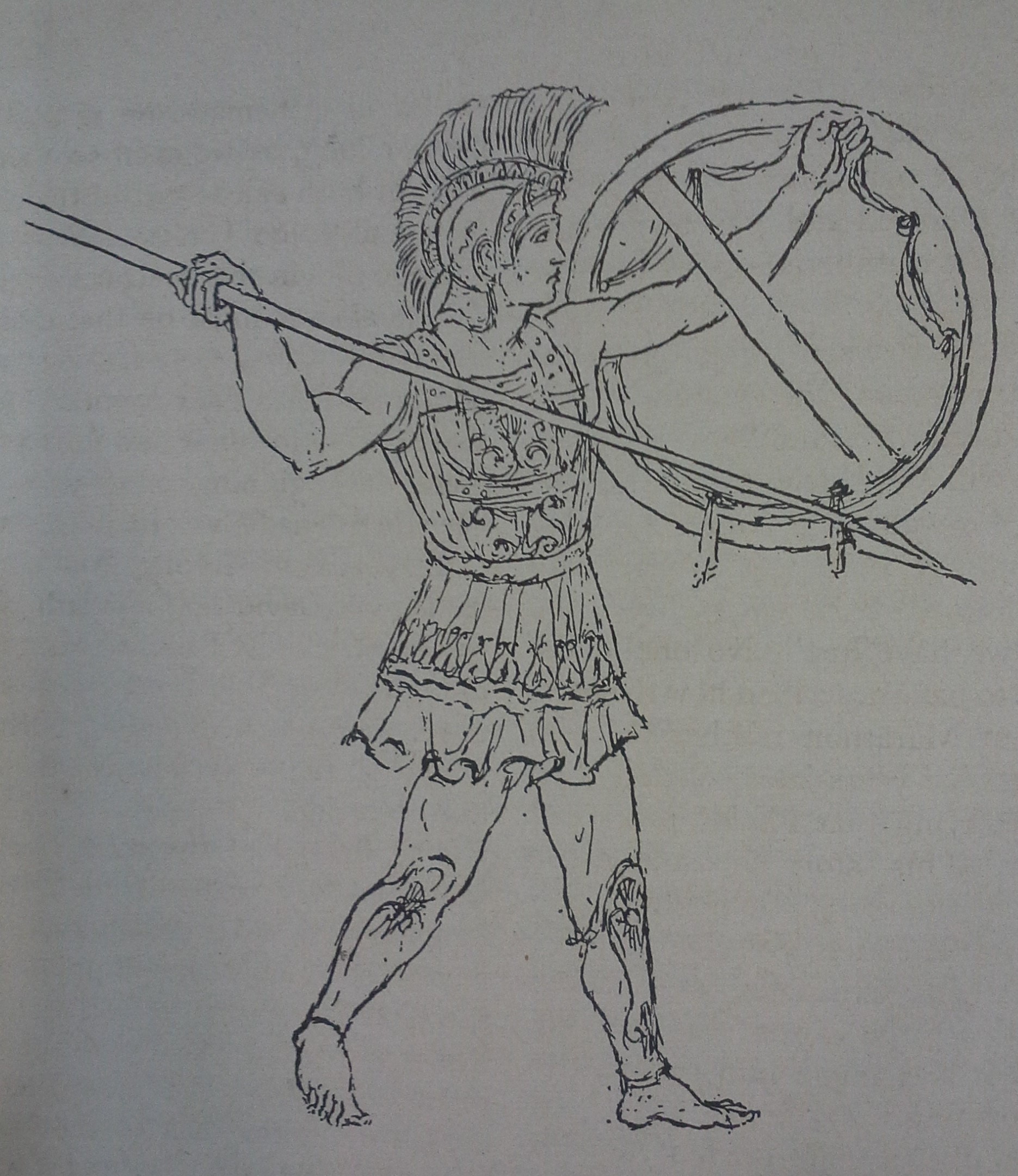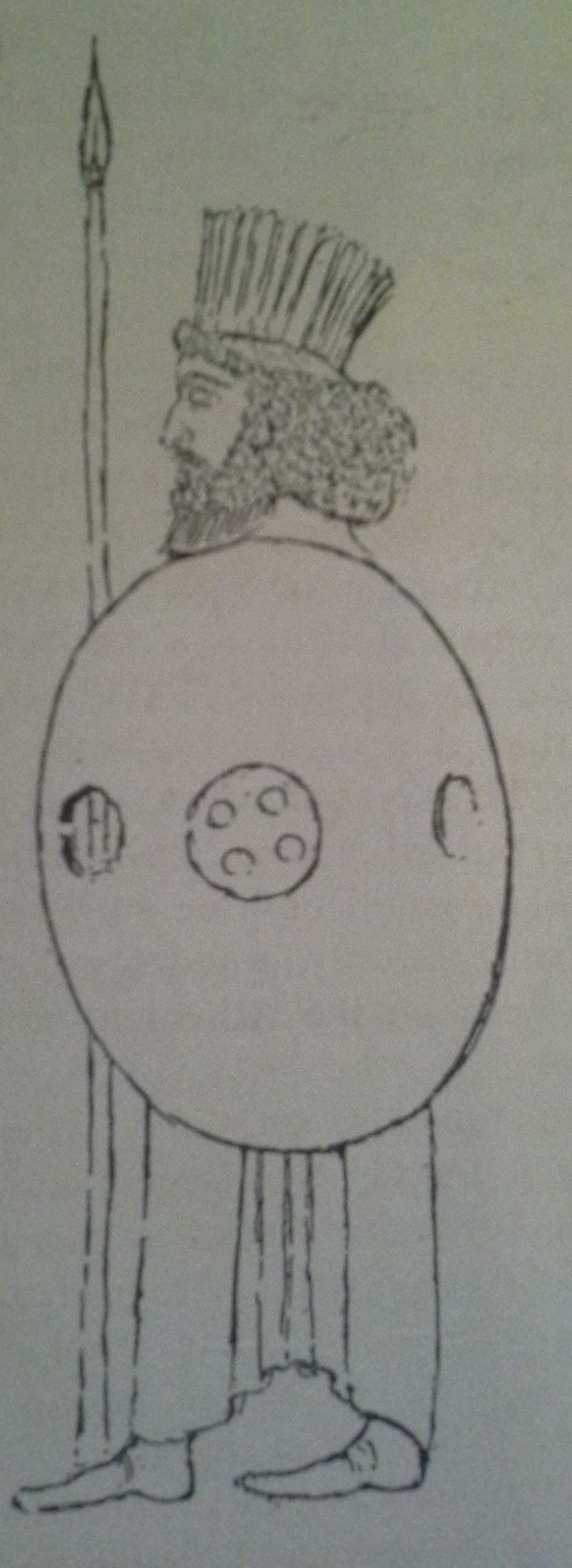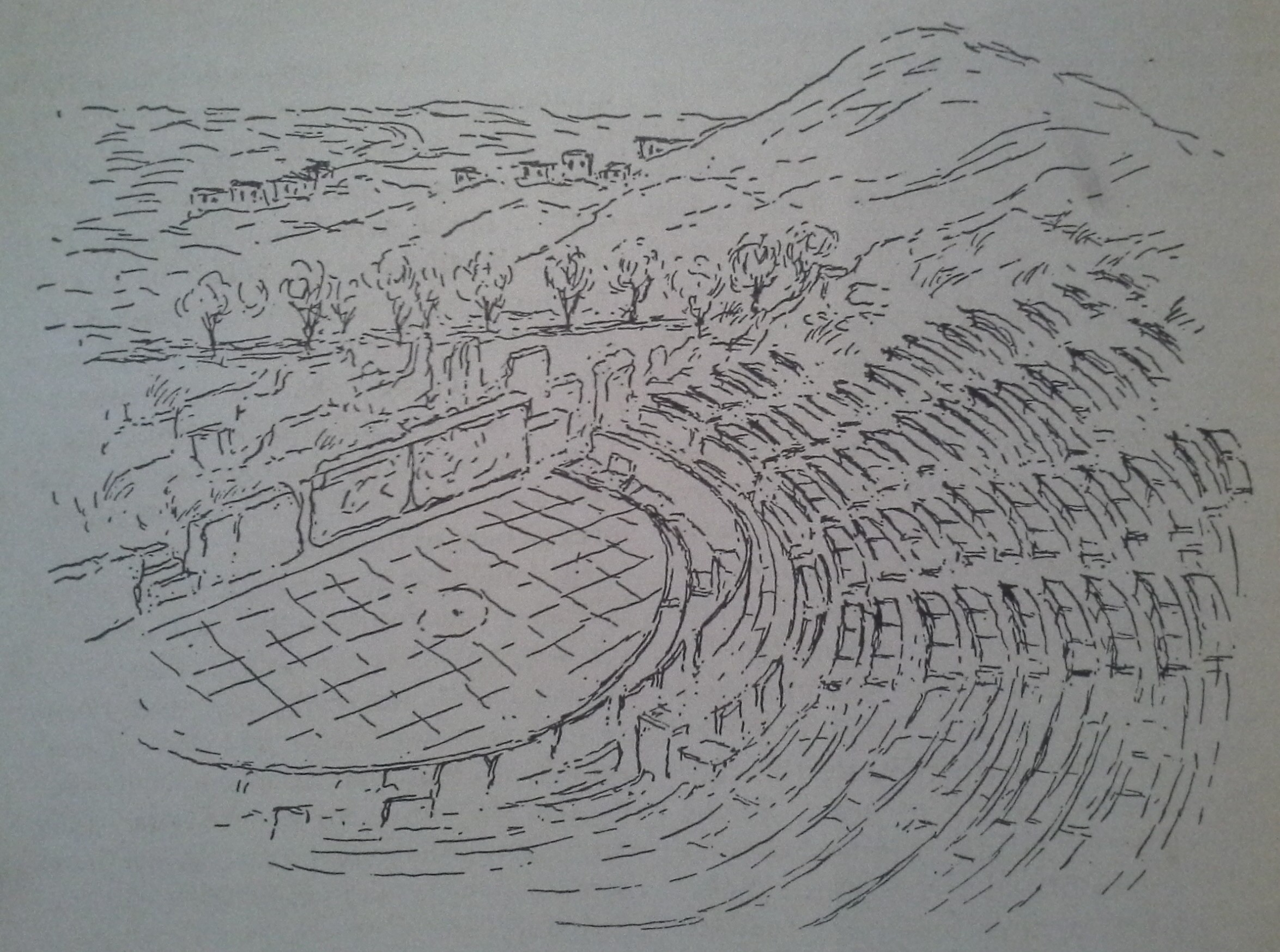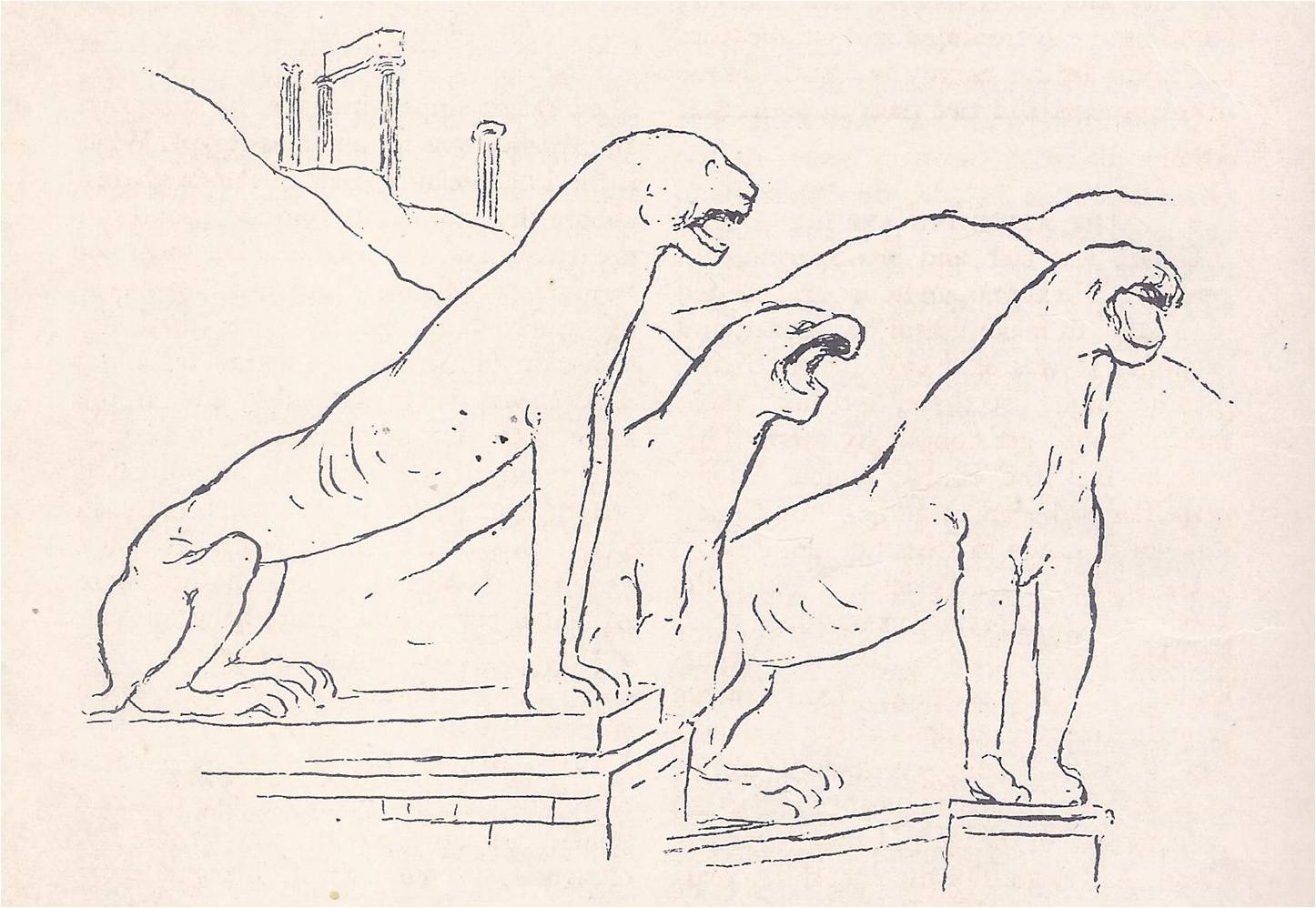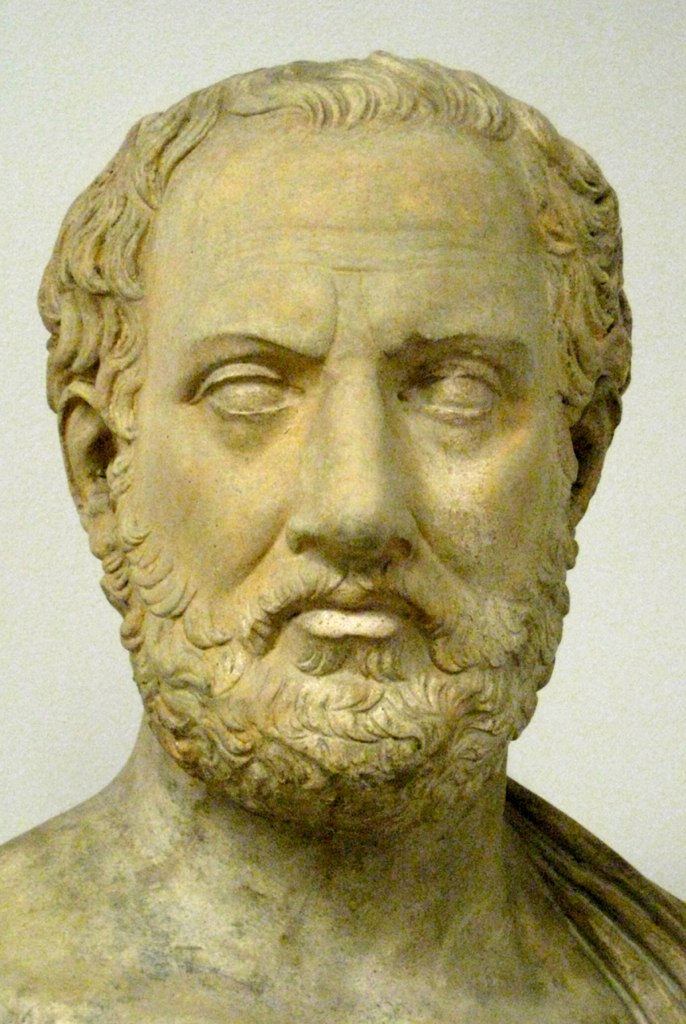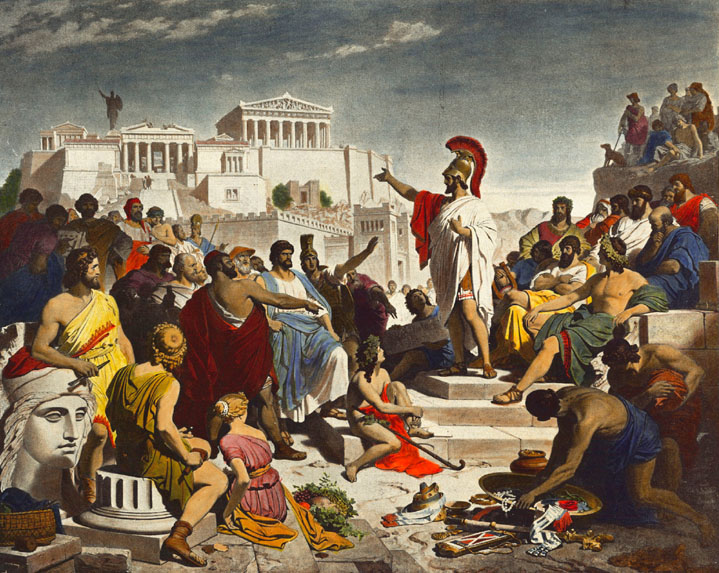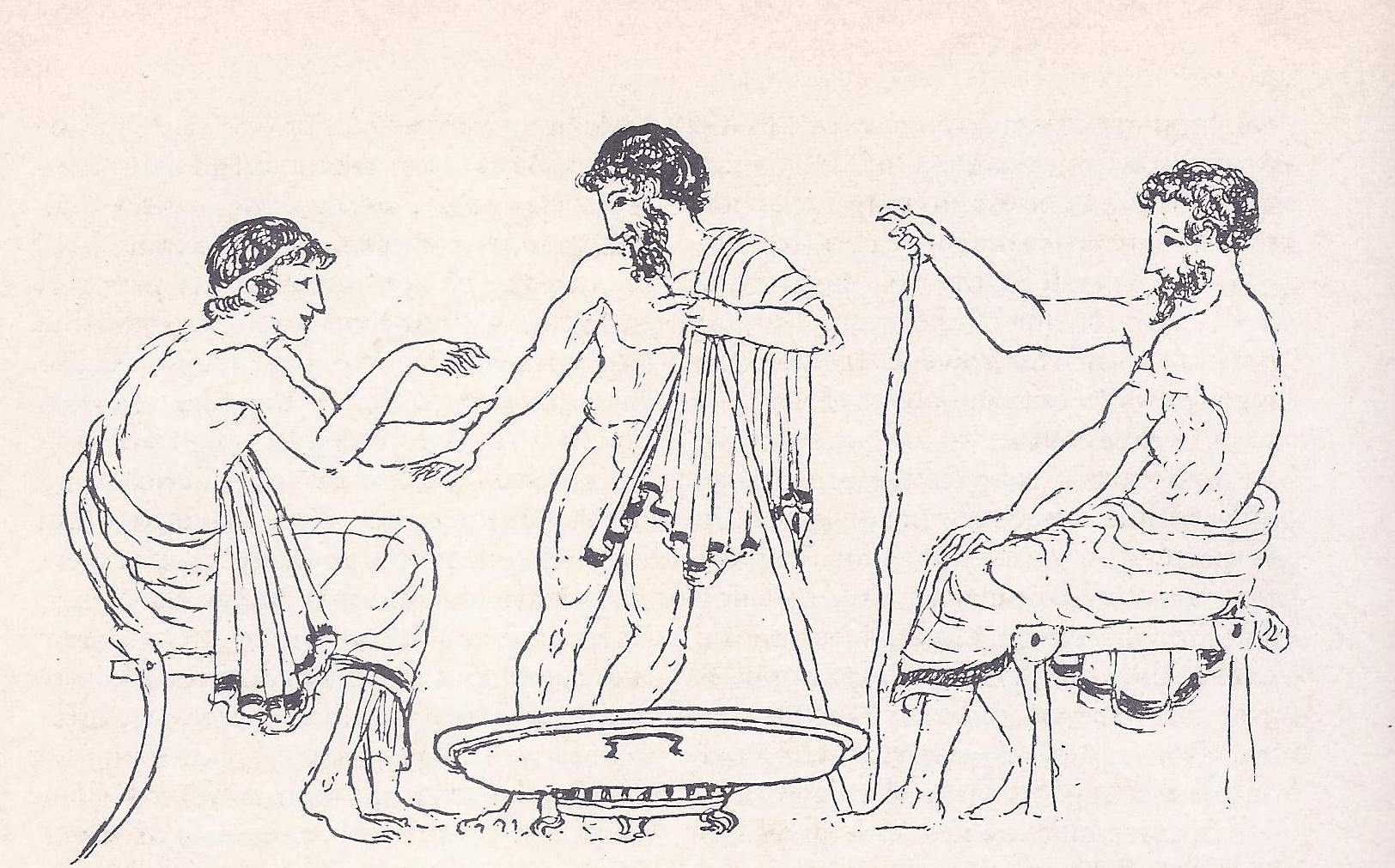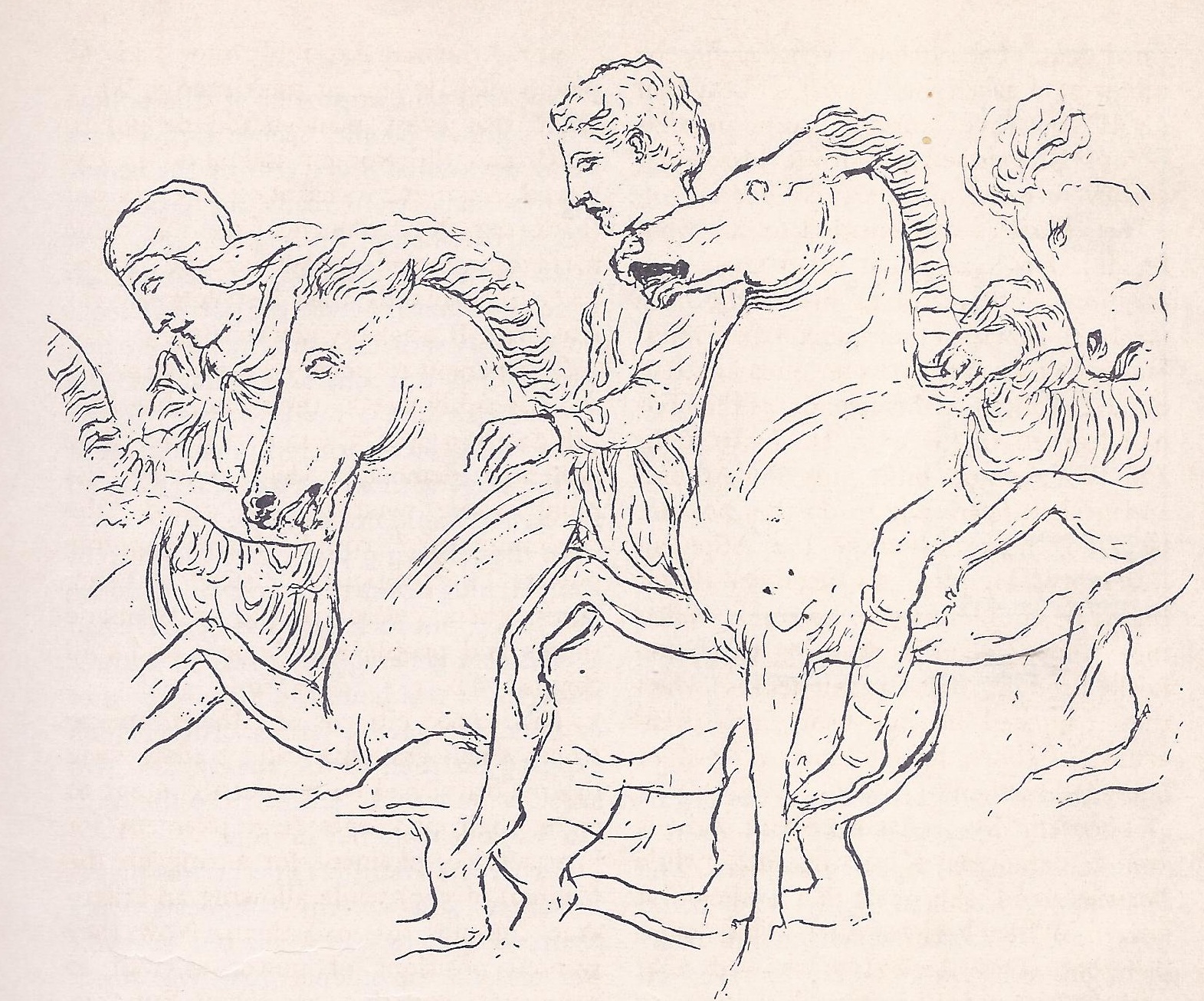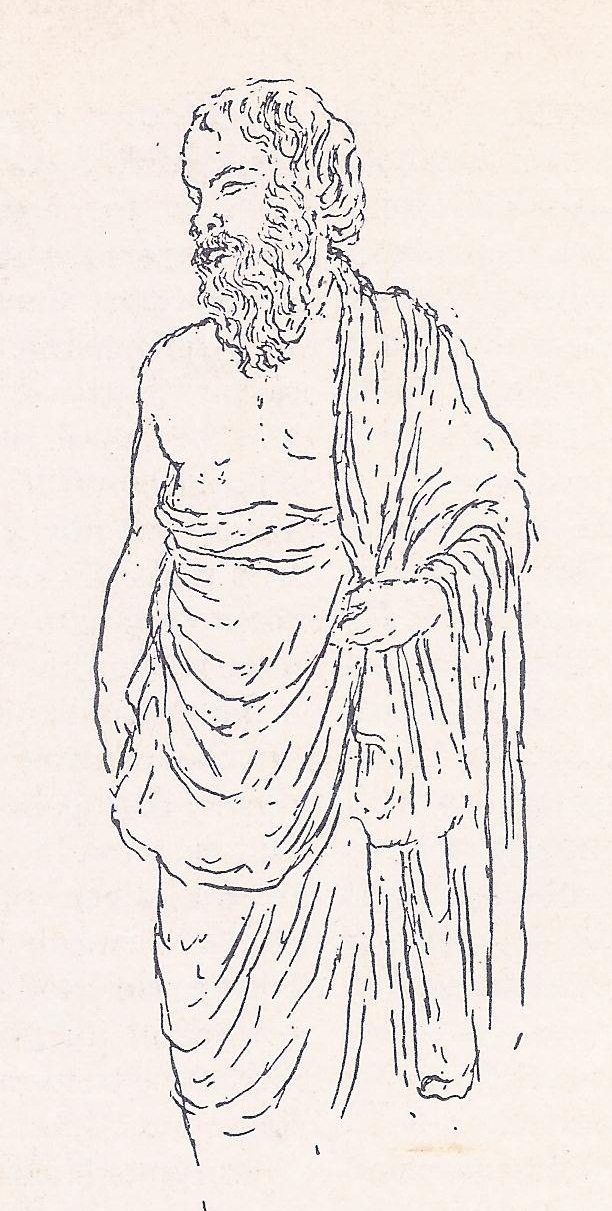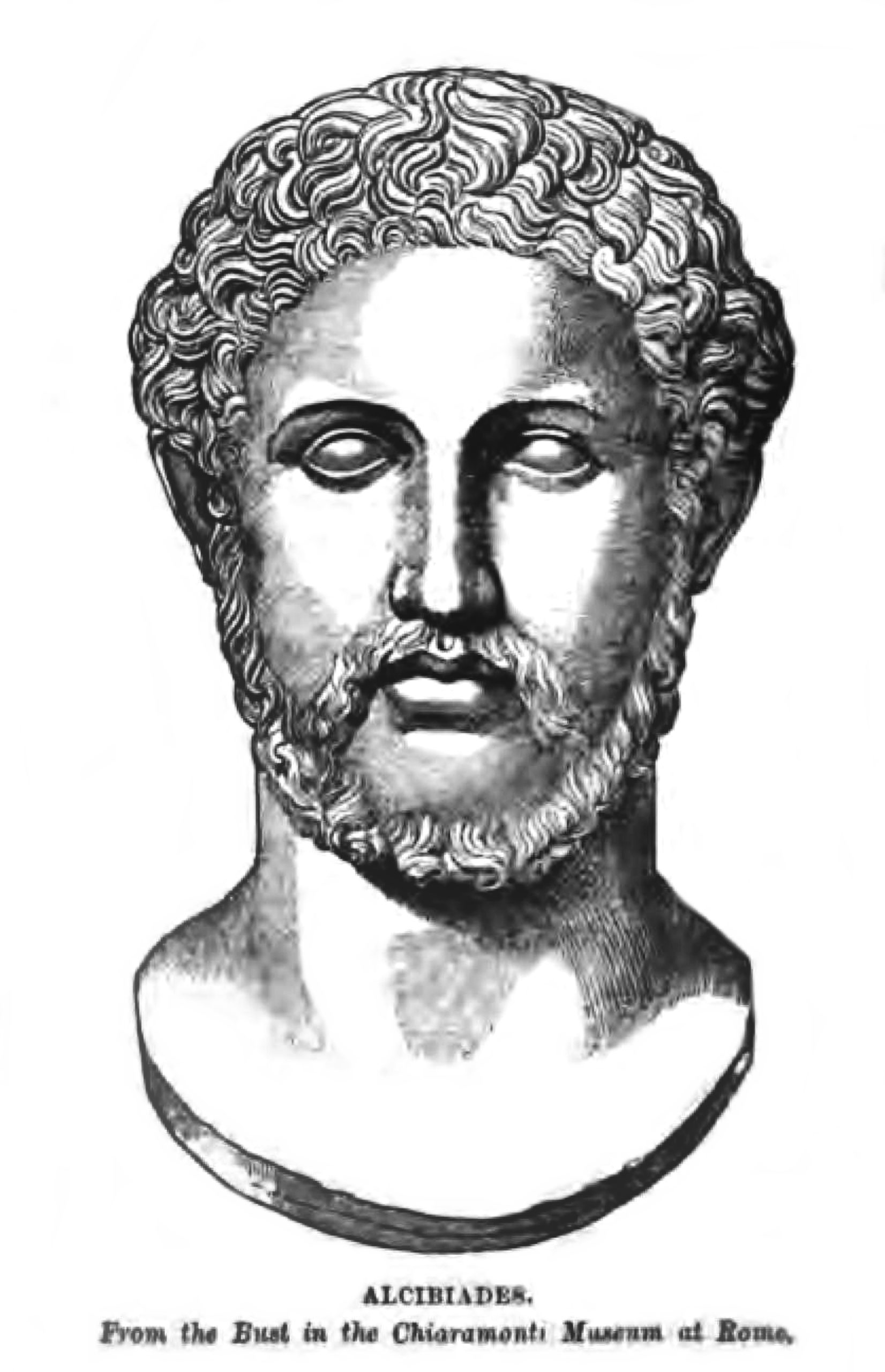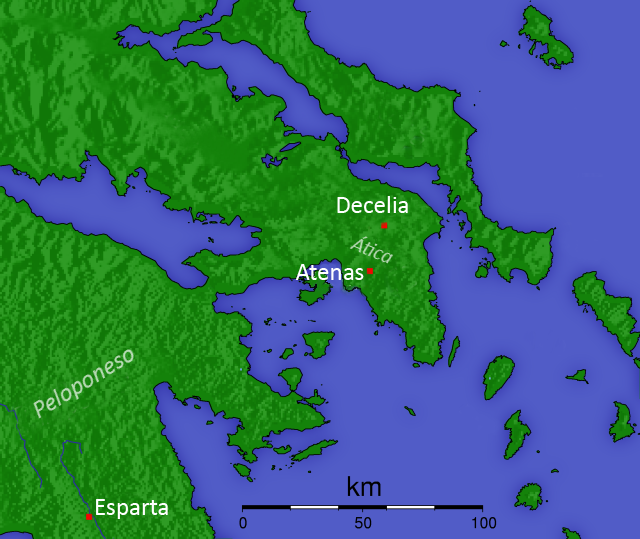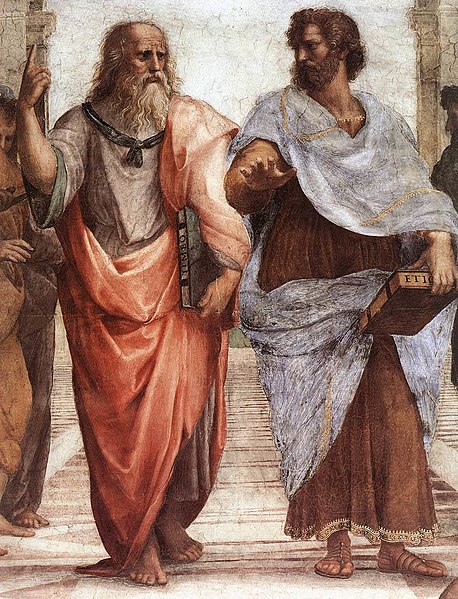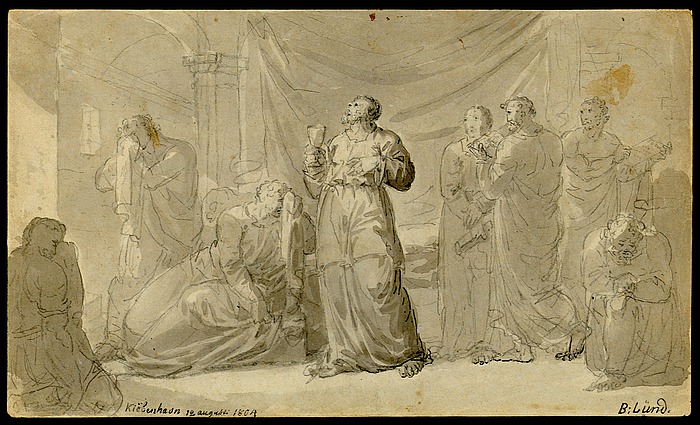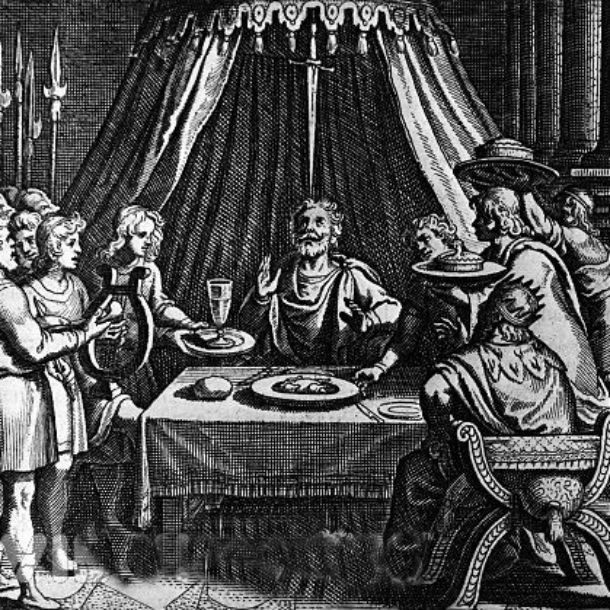Latest Posts
Kings, Tyrants and Democracy 1000 B. C. to 100 B. C.
During the Dark Ages, the large kingdoms of Homer’s Achaean heroes had disappeared. The Greek world was now dotted with
Gods and Heroes 800 B.C. – 550 B.C.
From island to island and town to town, across the wide new world of the Greeks, the minstrel wandered, with
Companions of the King 1500 B.C. – 1000 B.C.
Across the plains of Peloponnesus, flashed the swift chariots of knights and warrior-princes. They wore armour of gleaming bronze and
Early Civilizations to Modern Age
The New Deal 1933
WHEN Franklin Delano Roosevelt was nominated in 1932, he was fifty years old. A fifth cousin of former President Theodore
A Changing Nation 1934 – 1936
IN THE spring of 1933, as the New Deal roared into action, business began to get better, but it dropped
The Election of 1936
As Roosevelt’s first term in office neared its end, many people in the United States — and in other countries
Distant Past and New Challenges
Milestones of History
Hammurabi – The First Law Code (1750 B. C.)
As the political state evolved, the problem of its administration evolved too. The territory ruled over by Hammurabi of Babylon
Hittites – A New Power Arises (1750 – 1450 B.C.)
Hittites, a new power, arises in the Near East and Babylon is eclipsed. The Babylonian kings who followed Hammurabi were
The Eruption of Santorin – (B.C. 1450)
By 2000 B.C. Crete, and its out post the island of Santorin, was the home of a remarkable, flourishing civilization. Known
